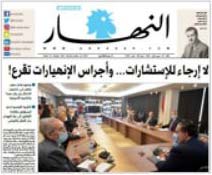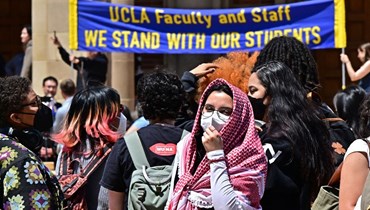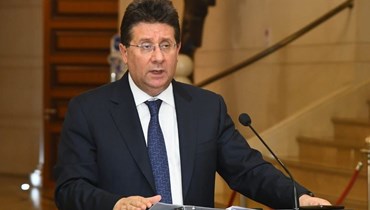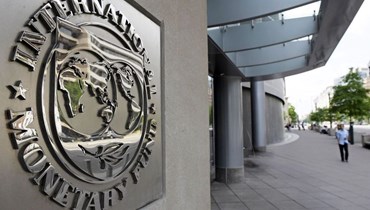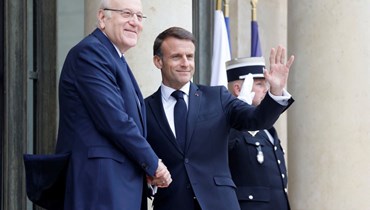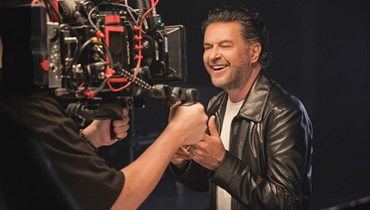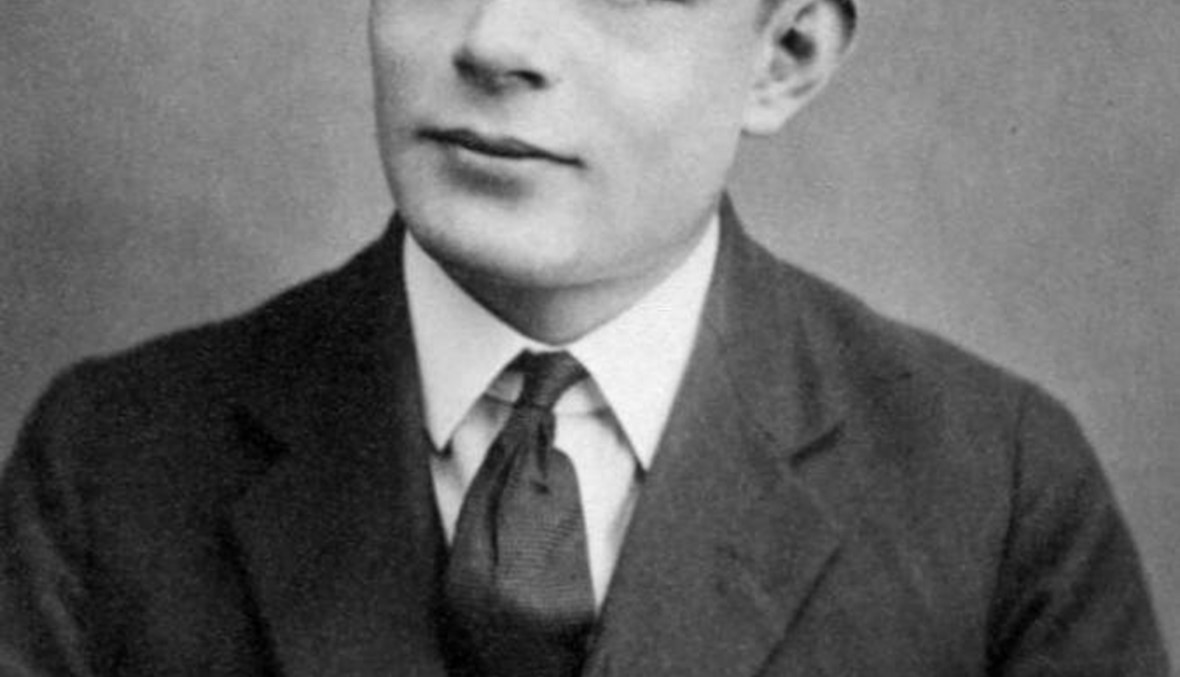The Great Thinkers | Alan Turing: The father of theoretical computer science and AI
A lot can be said about Alan Mathison Turing, whose contribution to mathematics, computer science, philosophy, and cryptography lay the major building blocks of our digital world.
Born in Maida Vale, London, the English genius went to Sherborne Boarding School, and although he's now known for his brilliant mind and his problem-solving abilities, he wasn't the brightest student, and his school report wasn't all that promising.
All of that changed, however, when 13-year-old Turing met the love and muse of his life, Christopher Morcum, a boy one year older at school. Morcum and Turing spent all their time together debating mathematics and geometry problems, and shortly after, Turing’s academic performance improved significantly.
Morcum, however, barely made it to the age of 18. In February 1930, he died from Tuberculosis. Devastated Turing kept believing that Morcum is still alive somewhere, which inspired a page that Turing wrote in one of his first scientific research papers titled “Nature of Spirits” on April 20, 1933, where he was trying to make sense of his friend’s physical loss and his sensed presence.
“As regards the question of why we have bodies at all; why we do not or cannot live free as spirits and communicate as such, we probably could do so but there would be nothing whatever to do. The body provides something for the spirit to look after and use,” he wrote.
Turing had to move on with his life and scientific career; still grieving over his first unrequited love, he earned a scholarship to study Mathematics in King’s University in Cambridge where he graduated with distinction in 1934. In his dissertation, he proved the central limit theorem, a major contribution to statistics and probability, which landed him a fellowship.
Two years later, Turing wrote a paper that's now recognized as the foundation of computer science, titled “On Computable Numbers,” in which he hypothesizes the reality that one day a machine could be built with the ability to compute any problem humanly solvable using 0s, 1s, and blanks.
He then proposed single-task machines called “Turing Machines” that would act as a “Universal computer” and that would decode and perform any set of instructions given to it. His ideas of memory storage in one single machine that carries out any task thrown became known as the “digital computer.”
Turing worked at Bletchley Park Government Code and Cypher School wartime station, Britain’s secret headquarter for codebreaking during World War II, and his contribution in code-breaking cut the war by two years and saved millions of lives.
He worked on improving a version of a Polish machine for code-breaking. With the help of his colleague, Gordon Welchman, they created the “Bombe,” an electro-mechanical device that helped the British cryptologists in deciphering and decoding over 4000 German messages every day.
When German U-boats were sinking ships of the Allied nations, Turing was working on deciphering German naval communications. His team managed to decode the German Enigma messages in 1941, aiding the Allied ships away from the German submarine attacks.
After WWII, he moved to London, where he produced a detailed design of the “Automatic Computing Engine” in March 1946.
Although the term “Artificial Intelligence” was not known until 1956, that is two years after his death, prescient Turing was already asking himself in 1950 “can machines think?” in his “Computing Machinery and Intelligence” paper, in which he proposed an experiment that is known as the “Turing Test.”
The test involved secluding a man and a woman from an interrogator who had to guess which is which by studying their replies to certain questions. In the Turing Test, a machine replaces the man.
Turing asked: "Will the interrogator decide wrongly as often when the game is played like this as he does when the game is played between a man and a woman?" The machine’s success was then determined by comparing the results it showed with the results of the human interrogator.
“A computer would deserve to be called intelligent if it could deceive a human into believing that it was human,” he concluded.
Despite his major contributions, Turing was unfortunately charged with “gross indecency” for his homosexual relationship with young Arnold Murray.
After being convicted, Turing was forced to choose between going to jail or chemical castration, he chose the latter option and received hormonal treatment with injections of synthetic estrogen hormone.
A year later, he was found dead, and an autopsy revealed the presence of cyanide in his body. It's largely speculated that he committed suicide by poisoning himself, however, some suspect that he had "accidentally" inhaled the poison.
In September 2009, Queen Elizabeth II granted Turing a posthumous apology for the criminalization of his homosexuality; and recently, Bank of England Governor, Mark Carney, announced that Turing will be the new face of the £50 note by the end of 2021.
Turing had a glimpse of our digital present, as he once said: “One day ladies will take their computers for walks in the park and tell each other: 'My little computer said such a funny thing this morning,'" when such a thing was inconceivable to many during his lifetime.
-----


 اشترِك في نشرتنا الإخبارية
اشترِك في نشرتنا الإخبارية


